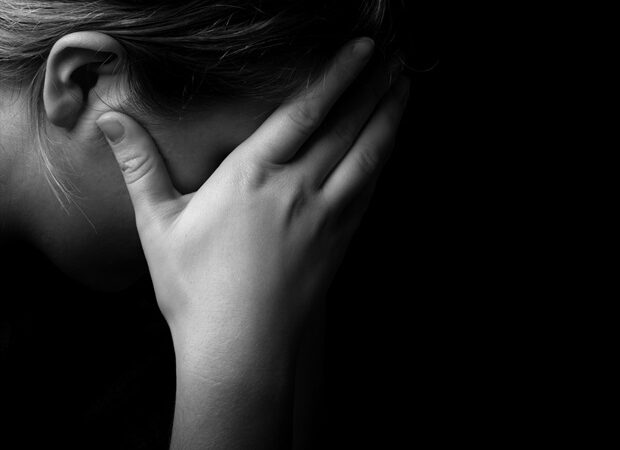Researchers from the Department of Pharmacology and Pharmacy, Department of Medicine, Department of Pediatrics and Adolescent Medicine of the LKS Faculty of Medicine, The University of Hong Kong (HKUMed) and Department of Social Work and Social Administration at The University of Hong Kong (HKU).
This was in collaboration with The Chinese University of Hong Kong, London School of Economics and Political Science and University College London, which identified that 18% of patients with newly diagnosed depression would develop treatment resistance, with an increased risk of mortality partially mediated by post-treatment psychiatric conditions, such as self-harm behaviors, psychosis and schizophrenia, compared with treatment-responsive patients. Patients with treatment-resistant depression (TRD) also consumed greater healthcare resources in both psychiatric and non-psychiatric services. The findings have been published in the Lancet Regional Health Western Pacific.
Background
In Hong Kong, there has been a rising burden of mental health problems in recent years. Members of the public have been enduring negative emotions vis-à-vis socio-economic changes from the social unrest through the COVID-19 outbreak, which also increases awareness of mental health.
Despite the growing global consumption of psychotropic medicines over the last decade, a discovery by the research team’s previous work published in The Lancet Psychiatry shows that depression remains an unresolved public health issue worldwide. With available antidepressants, a significant portion of patients still fail to reach remission. These patients are defined to have TRD following treatment failure of at least two trials of antidepressants at adequate doses, duration, and adherence. In this connection, the research team examined the mortality-causing mechanism and the long-term healthcare utilization pattern of TRD, as compared with patients without TRD.
Research methods and findings
Using the territory-wide longitudinal electronic medical records in Hong Kong, this study identified patients with incident depression diagnosed in 2014 and followed them up to six years. The TRD group (n=1,479) was matched to the treatment-responsive group (n=5,856) by age, gender, and medical history for comparison in risk of death and healthcare resource utilization pattern.
The research team found that 18% of the incident patients had developed TRD within six years of follow-up. Compared with treatment-responsive patients, treatment-resistant patients had 52% greater risk of all-cause mortality, and the relationship was significantly mediated by post-TRD psychiatric conditions, including self-harm behaviors, psychosis and schizophrenia.
In the economic aspect, patients with TRD had 1.8-fold higher healthcare costs compared to treatment-responsive patients. The healthcare cost-burdened all service settings of outpatient, inpatient and emergency used for both psychiatric and non-psychiatric care.
Research significance
This study highlights the difficult-to-treat nature of TRD and its subsequent burden to the health system, both clinically and economically. The findings suggest that identifying treatment resistance early and subsequent clinical monitoring for post-TRD psychiatric conditions could be important to prevent premature mortality.
‘Healthcare providers and policy makers should expect that increased service demand arisen from TRD would manifest in both psychiatric and general medical services. A multi-disciplinary management plan, which involves crosstalk between psychiatric and non-psychiatric specialties, could be oriented to prevent disease progression; this would be beneficial to improve the multifaceted patient outcomes and save medical costs in a wide range of healthcare resources,’ said Dr Shirley Li, Assistant Professor, Department of Medicine of the School of Clinical Medicine and the Department of Pharmacology and Pharmacy, HKUMed.
Source:
Journal reference:
Chan, V.K.Y., et al. (2022) Mortality-causing mechanisms and healthcare resource utilization of treatment-resistant depression: A six-year population-based cohort study. The Lancet Regional Health – Western Pacific. doi.org/10.1016/j.lanwpc.2022.100426



































